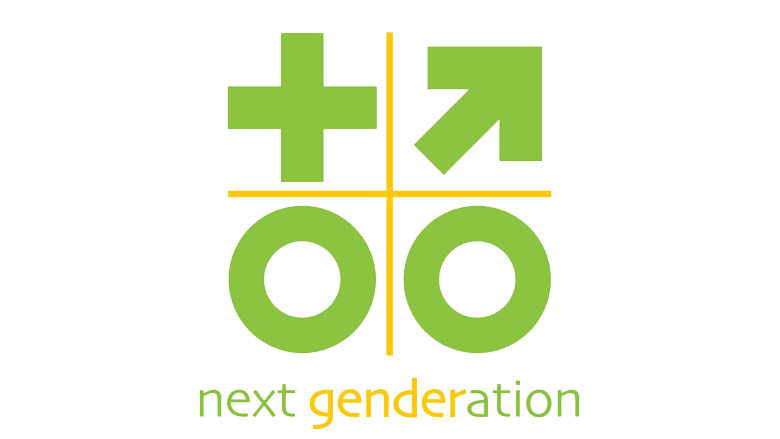Do gender norms and stereotypes affect our actions and reactions?
The Next GENDERation Initiative aims to contribute to reducing violence in Jamaica by promoting a positive dialogue around gender roles and raising awareness of the link between gender stereotypes and violence among youth.
The campaign draws on the World Bank's gender-focused research on youth and violence, globally and in Jamaica, and includes a national awareness raising campaign. Research shows that public awareness campaigns that promote agency -- the ability to choose how one thinks and acts -- and that have high levels of participation can be effective in changing norms and stereotypes that affect how people act and react in potentially violent situations.
The Initiative is a partnership between the Bureau of Gender Affairs and the Planning Institute of Jamaica; the Ministries of Youth and Culture, Education and National Security; the Inter-American Development Bank and the World Bank.
What problems is the campaign trying to address?
There is a clear gender aspect to the challenging youth indicators in Jamaica, specifically as they relate to violence:
- Adolescent fertility rate of 71/1000 is higher than the world average of 48.
- 1 out of 5 women experiences physical or sexual violence by a partner; youth are most vulnerable.
- 34% of Jamaican youth are unattached, excluded from the economic activity and society.
- Young men age 16-30 are the main perpetrators and victims of violent crime.
- Youth (15-29) homicide rate is extremely high for males at 188/100,000; compared to 14.8/100,000 for females.
How do I participate?
Get in contact!
Twitter: @NextGENDERation | #NextGENDERation
Kellie Magnus, Next GENDERation Coordinator: kmagnus@worldbank.org | +1 876 470 8232
Jonna Lundwall, Task Team Leader: jlundwall@worldbank.org | +1 202 473 0373
